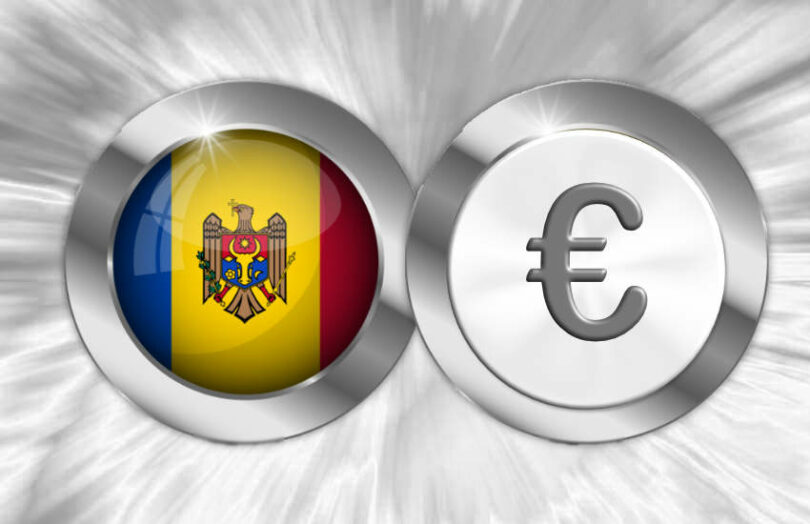Today, the Central Bank of Montenegro (CBCG) announced a new collaboration with blockchain and crypto firm Ripple to develop a digital currency strategy and pilot for a central bank digital currency (CBDC) or national stablecoin. The central bank is deliberating between the two options, but a national stablecoin seems more likely due to the country’s unique currency situation.
In 2002, the country decided to unilaterally adopt the Euro as its de facto domestic currency despite not being a member of the European Union, so many will wonder whether a true CBDC would be possible.
“As a central bank committed to following up-to-date national banking trends, the CBCG is actively ensuring it maintains an efficient financial system,” said the central bank Governor, Radoje Žugić. He also noted that the project will unite monetary authorities, government officials, and Montenegro’s academia “to create a practical digital currency or secure currency solution to test the main blockchain technology’s functionality and potential.” This will involve weighing the benefits and costs of CBDCs and stablecoins for payment systems, regulatory compliance, and users’ privacy.
One option could be to emulate Cambodia’s model, which in 2020 created a blockchain-based payment network to promote local currency usage and address the country’s de-dollarization. While often portrayed as CBDC, the solution consists of a mobile payment system that supports both US dollars and local riels by tokenizing existing commercial banks’ balances, not by minting fresh digital currency. This sounds closer to a stablecoin or tokenized bank account. Still, it could provide a model for Montenegro’s digital currency efforts and help the country achieve its aims of advancing the digitization of financial services and fostering greater financial inclusion.
In this sense, Montenegro might have chosen Ripple to leverage its past digital currency experience with both CBDCs and national stablecoins. In 2022, the company became one of the twenty-one teams shortlisted for the G20 Techsprint CBDC challenge. Last November, Ripple also won a contract with the Republic of Palau to develop a USD-backed digital currency. And in 2021, it partnered with the Royal Monetary Authority of Bhutan to pilot a CBDC using the Ripple CBDC Private Ledger.
However, the blockchain and crypto firm has not been without controversies. In 2020, the Security and Exchange Commission (SEC) launched a major litigation against Ripple, alleging that the XRP crypto is a security. The court case is still ongoing.






